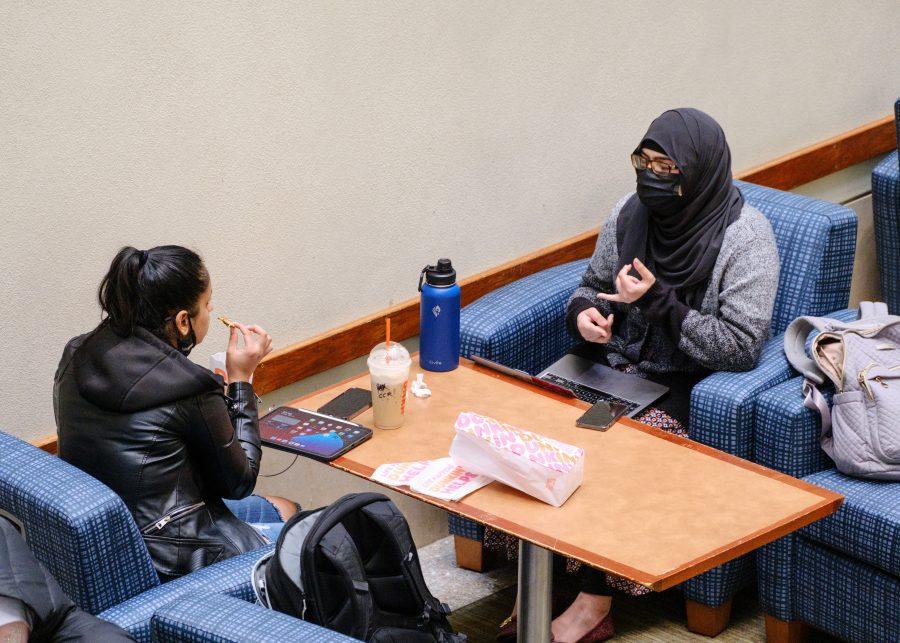Making friends while in college is complicated by a number of circumstances. With dorm accommodations, more social activities and areas for students to hang out at all hours of the day, universities provide a better possibility for students to form lifelong connections. However, making friends is a highly unique process that does not come naturally to everyone. As Dr. Peter E. Kalellis from New York Style Magazine says:
“True friendship is a kind of divine act that enables two people to share their thoughts and feelings that life may deny them. Real friendship is an inner feeling, an awareness known when two people can be together and share thoughts, feelings, experiences, ideas without evaluations, criticism or judgments, at the risk of exposing their human vulnerability,” (1).
Everyone has bad days as well as good days, but on the bad ones we need to count on someone, and for some students it’s not easy to go back home, which is why we need friends close to campus. You need friends so you can come together and express views, feelings, experiences and ideas without fear of being judged and by just being yourself.
Positive peer relationships can possibly have an impact on academic growth, information acquisition and self-esteem. Having excellent college connections may lead to a better social life, a successful, fulfilling education and sought-after professional prospects during your undergraduate or graduate career. Friendship is vital to one’s emotional, physical and social well-being. Meaningful connections may emerge, and students will thrive in higher education if instructors, staff and institutions use these measures to assist students’ development. Friends that are supportive can help you get through the challenging transition from past institutions to college. Students can cope with these significant life transitions by making supportive friends. Academic performance can be aided by positive connections. Here are some tips if you struggle to make friends.
The first thing you can do is discover your people! Joining a university club will benefit you since you will be surrounded by individuals who share your interests. There are so many student groups at UMass Boston that if you can’t find one that you like or that suits you, form your own!
When you accept an invitation to an event, make an effort to go. By doing so, you are including yourself and will meet a lot more people. Ask them to a social gathering, or if you want to travel somewhere, don’t go by yourself. Instead, take a buddy to explore Boston or simply hang out with you! You don’t have to wait for someone to approach you before taking the first move. Get in touch with them before they leave!
If you are a sports fan and want to join a sports team in college then this is also a good way to make friends, since when you are in a team with the same purpose, you may see that you are making friends without realizing. Baseball, football, ice hockey, cricket and a variety of other recreational activities are available on campus. As Maggie Maye at the New Yorker says:
“Friendships formed as members of a team working together toward a common goal are strong and fulfilling,” (2).
Don’t rush into anything you don’t enjoy or you’re uncomfortable with; after all, you need to be comfortable! It’s alright if you see those around you with friends or people to hang out with and you’re alone, but keep in mind that they were once in your shoes, and you’ll be in theirs soon! Trust the process and enjoy your time in university.
1. https://newyorklifestylesmagazine.com/articles/2017/01/68.html
2. https://www.newyorker.com/humor/daily-shouts/how-to-make-friends-as-an-adult?source=search_google_dsa_paid&gclid=CjwKCAjwiuuRBhBvEiwAFXKaNIowV1cGy8Vq_K0Wsj_ARPVNl5srTD1juZsXLlUGQ3PicR7hyHzmDRoC_zgQAvD_BwE
How to make friends in college
March 24, 2022
Two UMass Boston students sit in the Campus Center lounge to have a quick bite and socialize. Photo by Josh Kotler / Mass Media Staff





















































